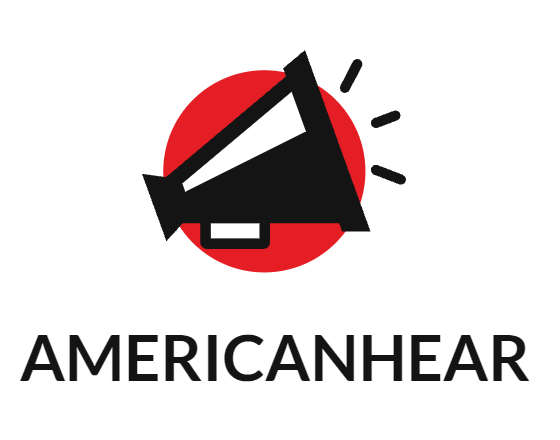In the rapidly evolving landscape of industrial communication, staying ahead of technological advancements is not just an option but a necessity. As industries strive to become more efficient, connected, and future-proof, one technological solution stands out: tailored fiber optic cables. These are not just conduits for data; they are the lifelines of modern industrial operations. This article delves into how custom cables are pivotal in future-proofing industrial communications.
The Need for Advanced Communication in Industry
The industrial sector is undergoing a transformation, driven by the Fourth Industrial Revolution. Automation, big data, and the Internet of Things (IoT) are not buzzwords but realities reshaping how industries operate. In this context, the need for robust, high-speed, and reliable communication systems is more critical than ever. Custom fiber cables, known for their bandwidth and durability, are emerging as the backbone of this new industrial era.
Advantages of Fiber Optic Cables in Industrial Settings
High Bandwidth
They offer significantly higher bandwidth compared to traditional copper cables. This means they can carry more data, a crucial factor for industries dealing with large volumes of data transmission.
Speed
The speed of data transmission in fiber optics is close to the speed of light, offering unparalleled communication speed, which is vital in time-sensitive industrial operations.
Resistance to Interference
These cables exhibit immunity to electromagnetic interference, guaranteeing steady and dependable data transmission, even in areas with substantial electromagnetic disturbances.
Durability
Fiber optic cables are less prone to damage and wear, making them ideal for harsh industrial environments.
Customization: Tailoring to Specific Industrial Needs
The one-size-fits-all approach doesn't work in the industrial sector, where each operation has its unique communication needs. Custom cables come into play here, offering tailored solutions. For instance, in industries where space is a premium, cables can be designed to be more flexible and compact. In areas with extreme environmental conditions, cables can be reinforced to withstand high temperatures, moisture, or chemical exposure.
Future-Proofing with Scalability and Flexibility
One of the most significant advantages is their scalability and flexibility. As industries grow and their data needs evolve, these cables can be easily upgraded or expanded without overhauling the entire system. This adaptability is crucial in future-proofing industrial communications, ensuring that today's investments continue to yield returns in the future.
Environmental Considerations and Sustainability
In an era where environmental impact is a growing concern, these cables offer a sustainable option. Their energy efficiency and longer lifespan mean a reduced carbon footprint compared to traditional cabling solutions. Additionally, being lighter and thinner, they require less material for production and installation, further diminishing their environmental impact.
Conclusion
The industrial world is moving towards a more interconnected and automated future. In this scenario, the role of tailored fiber optic cables cannot be overstated. They are not just another technological upgrade but a strategic investment towards building resilient, efficient, and future-ready industrial communications. As industries continue to evolve, the adaptability, speed, and reliability of fiber optic cables will be central in driving innovation and sustaining industrial growth.


